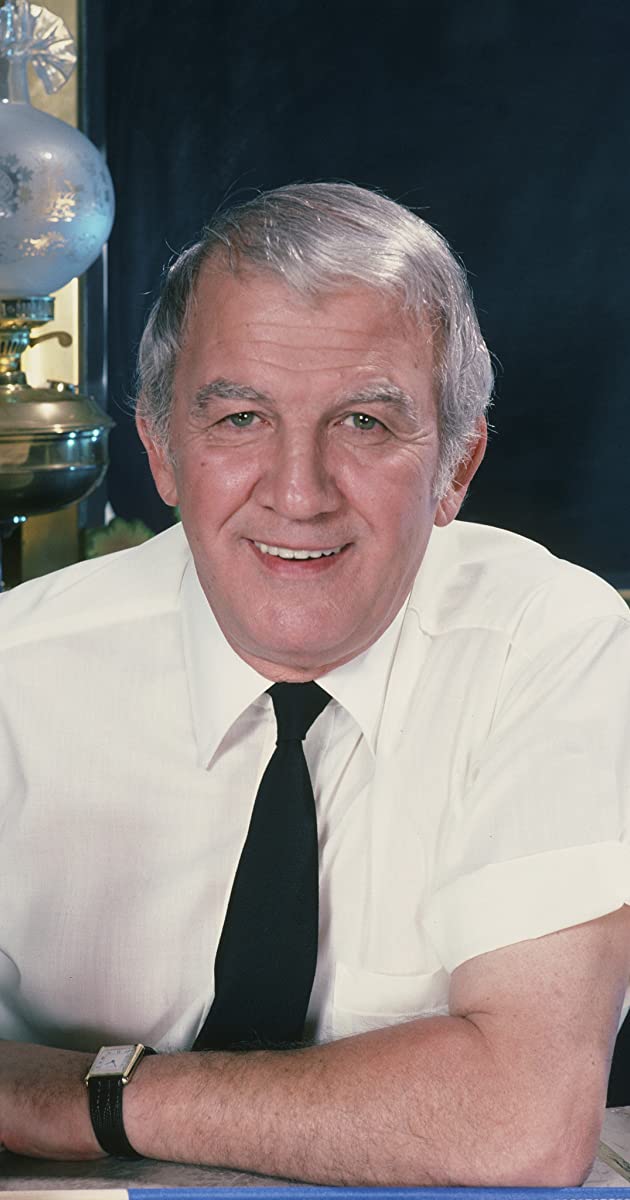
Born in India to South African parents, Juliet studied to be a dancer from the age of 4. Attending the Royal Academy of Dance, by the time Juliet was 14, she was deemed too tall to enter the world of ballet. She signed as a chorus dancer with the London Palladium and then pursued a career as a dancer in European nightclubs. While dancing in Paris, she was spotted by Hollywood choreographer Hermes Pan and signed to a role in the movie Can-Can (1960). While rehearsing for the movie, Soviet Premier Khrushchev was invited to watch the then-unknown Prowse and others rehearsing their steps. The next day, he denounced the dance as immoral and it was Prowse’s photo that accompanied the news across newspapers worldwide. An instant celebrity, Juliet shot to stardom with her acting and dancing and the tabloids filled with her romance with star Frank Sinatra. That same year, she also appeared with Elvis Presley in G.I. Blues (1960) and again the tabloids followed her.
She appeared in more films the next year but, as her celebrity status waned, so did her movie career. Her engagement to Sinatra in 1962 fueled her nightclub act, but did nothing for her movie career. In 1965, she moved to television with the series Mona McCluskey (1965), playing a nutty Hollywood starlet, but the show soon ended. Her big-screen career ended with Una moglie americana (1965) and she, thereafter, appeared on the stage and on the nightclub circuit. Some of her stage shows included “Sweet Charity”, “Kismet”, “Irma La Douce”, “Mame” and “The Pajama Game”. She also appeared as a guest on Television but, most of the time, she worked in her nightclub act. In 1994, she was diagnosed with pancreatic cancer.


